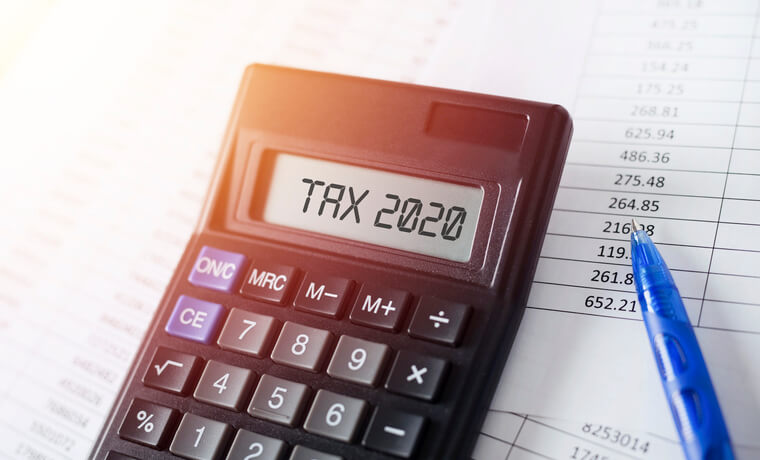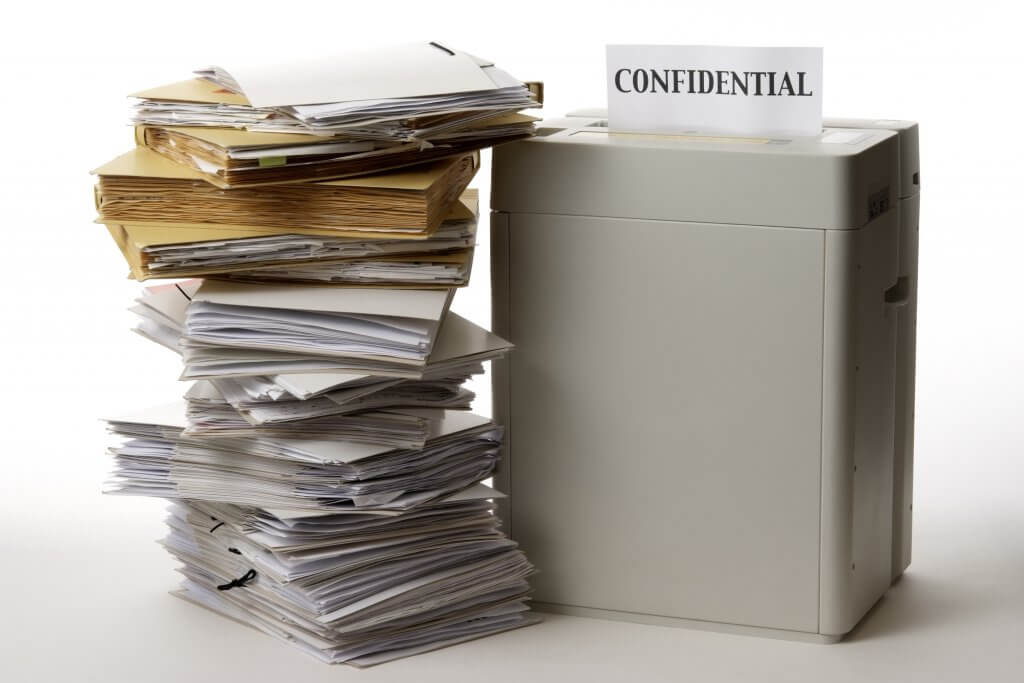It’s everyone’s favorite time of year! Tax time! Ok, let’s be honest here, no one likes tax season unless you happen to be a professional tax accountant or otherwise work in taxes. For the rest of us, it is a time to dig through our finances and be generally annoyed.
During this period we must be on guard from all the tax scammers that will be coming out of the woodwork. While not limited to the tax season specifically, scammers are opportunistic predators who come and take advantage of specific events. One such event is, you guessed it, tax season. Knowledge is power, and knowing to be on the look out for scams is how you protect yourself from these predators.

Avoiding Tax Season Scams
How Do People Become Victims
It can happen in a number of ways, often when you’re least expecting it. We’ve all experienced the scam phone call, bonus points when it has the robot voice, claiming to be the bank or credit company, and telling you to stay on the line and speak to a representative. There’s also the classic email from the bank asking about an issue with your account, only you don’t actually have any accounts with that bank. These are some common approaches they take to get you, and while they can seem easy enough to spot, a momentary lapse in judgment can cost you.
These specific examples are what are called phishing scams, and they are messages designed to trick you into giving out some of your information. As mentioned, they’re primary form of attack is to disguise themselves as institutions you may be associated with and trust. They claim that you need to take immediate action on something, and ask you to confirm some details about your accounts before proceeding. If you give out some information that may seem harmless, they’ve got you. You can never be sure what exactly they’ve already got and you might just be giving them the last piece of the puzzle, the first piece is just as bad since they now have a direction to follow.
How Can You Avoid Becoming A Victim
For starters, get yourself educated on identifying scams so you can better detect them as they come. When you get suspicious emails, don’t even open them to see what it’s about. Simply delete them right away without engaging with it. Phone calls can be a bit harder to avoid engaging with, some people simply choose not to answer the phone for any unknown number.
Whether you answer or not, it’s simply a matter of not giving them any information. They may sound official and proper, but don’t take any chances. Provide no details. Any official would not be reaching out to you via email or phone for serious matters, nor would they ever ask you for private details in order to “confirm” who you are.
Since we are specifically thinking about tax season scams, a common one is the IRS imposter scam. This is exactly what it sounds like, a person or group posing as the IRS in an attempt to steal your information. These posers often demand immediate payment using some specific payment method. Sometimes they threaten legal action should you not comply with their demands.
The IRS will never do this, as they themselves say, if a true representative were to come to you then they will have official documentation along with identification. Furthermore, you can reach out to the IRS with the agents data to confirm that this person is who they claim to be. Additionally the only place they will ask you to make a payment to will be the U.S treasury, and they have payment options listed out on their official site.
When using a tax filing agency it would be wise to choose a known institution. If Jim Bob offers to do it from the RV, politely decline and go somewhere else. Tax agencies will be compliant with government standards and procedures. If they start asking you for details that seem suspicious, follow your instincts, educate yourself on what they should and shouldn’t be asking for. Don’t blindly go along with it, pause the whole affair before proceeding, and what is even better would be verifying the agencies credentials before even starting.
After Taxes
Once all is said and done with your taxes this year, you may be left with an abundance of records that you assembled and now have to do something with. Some you may be retaining for a while, and if so make sure you lock them down securely. For those that will be disposed of make sure you avoid throwing them in the trash. The order of operations here is to find a professional shredding service provider to help you out. There are always options for businesses and options for residents to stay safe and secure.
The scammers are always out there, and though activity can vary depending on the occasion, they are always looking for ways to steal information. Educate yourself, remain vigilant, and you will maximize your chances of avoiding an unfortunate encounter. Guess it’s time to start filing those taxes now…
One of the great advantages of receiving on site shredding services are the secure shred bins used as part of the process. They’re ability to securely collect documents awaiting shredding keeps you on top of compliance needs. So that’s good and all, but what are the considerations when placing these things? Sizing, ease of access, and common paper waste areas are all good ways to plan your bin placement.

Shred Bin Sizing
First thing is first. What size bin do you need? This is going to depend on a few factors: size of available space, and amount of material to be shredded. So what kind of space do you have? Obviously a smaller office is going to have less overall compared to a larger office, but you may be surprised where you can find some.
Is there an awkward corner that nothing really fits into well? Could be a good spot for a bin. Maybe those boxes in the corner can be cleared out and suddenly you have a new spot something can go in. With a surplus of space you can get a nice large bin, when space is an issue one of the desk consoles might be the way to go.
If you produce a large amount of files regularly, a larger bin is probably what you’d need. You could go another way and just decide to have scheduled service come more often. Whatever option you would go with just make sure it won’t leave any gaps on your compliance responsibilities.
Ease Of Access
Now that bin sizing has been taken care of, finding places to put them that won’t disrupt the office while still being easy to get to is the next step. If you only use the desk consoles or other small units, then this will be a simple process. For bigger bins this can be more challenging, hopefully while you were sizing up the available space you made note of places you can put these. If those spaces ended up not being easy to get to then it might be necessary to shuffle some things around.
Wherever the bins end up, it needs to be easy access for your staff. A streamlined and easy to learn document disposal procedure helps to lessen any information breaches that could occur. While some might be concerned about having easy access to their containers for security reasons, fear not, remember that they are locked at all times until shredding is happening.
Paper Waste Areas
This leads us finally to places where paper waste is likely to occur. Think of your office printer and photocopier. Sometimes those devices go wrong, and what do you do when a page doesn’t print properly? You toss it of course. So what happens if that page had really sensitive information on it? Placing a bin as close to this area as possible will reduce the risks being taken here.
It all comes down to the three things talked about here: shred bin sizing, ease of access, and paper waste areas. Keeping these three points in mind when choosing where to place bins will keep you on the right track. Infact, professional shredders will do the thinking for you if you happen to be bogged down in your work. Why not just ask one of them to help you out?


